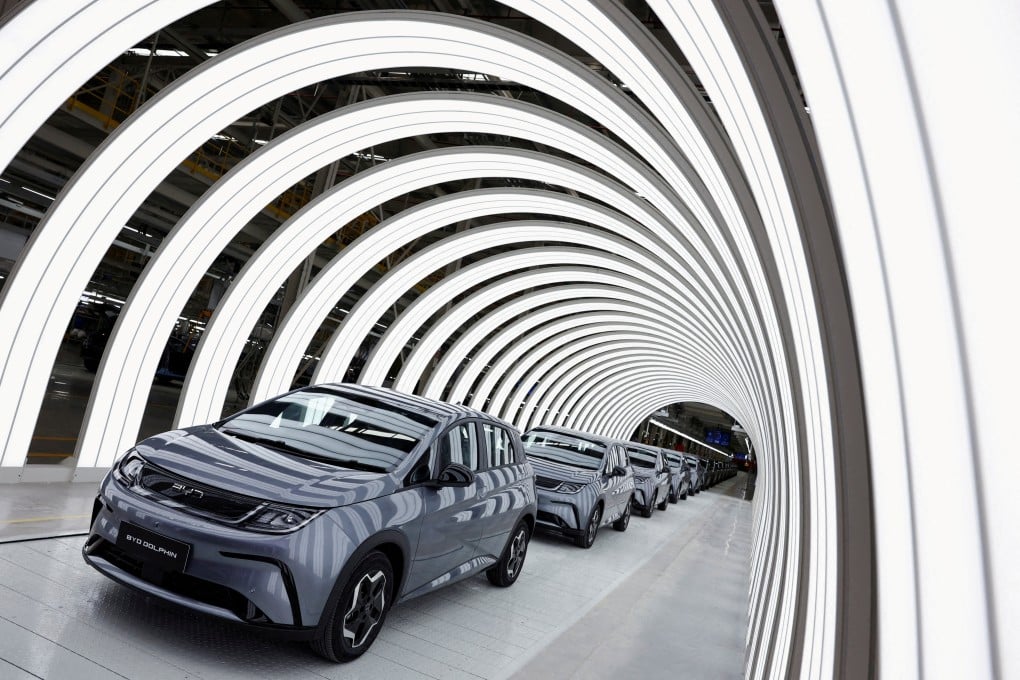Advertisement
The View | Why supply chains are the kingmaker in global economic competition
Protectionism won’t bring back lost jobs. It will just push companies to move production to places where supply chains are intact even if costs are not the lowest
Reading Time:3 minutes
Why you can trust SCMP

Amid the US’ political polarisation, the one consensus is on the need to counter China. However, there are major disagreements on how to do so effectively and the domestic socioeconomic consequences.
Advertisement
As evident in the debate between US presidential candidates Vice-President Kamala Harris and former president Donald Trump, views differ when claiming credit and attributing blame. The consensus against Beijing has become an inter-party race to the bottom without a clear vision of how to make the US stronger.
In the two decades from 1991, there were indeed significant job losses in the US due to Chinese imports. But this stopped long ago. US manufacturing jobs as a share of employment has held steady for more than a decade, despite the rise and decline of Chinese imports – unaffected by tariffs. Global trade now operates under very different dynamics from that at the beginning of the century.
Beyond mere globalisation, automation and the shift to tech and services underpinned the historical decline of manufacturing employment in the US. Protectionism can shape friendshoring but it cannot turn back the clock. Most developing countries want to be friends with both China and the US, and some stand to benefit from the gaps in US-China trade.
While not as dramatic as in the US, the EU is also planning to raise tariffs on Chinese electric vehicles (EVs). The key motivation appears to be more industrial policy-driven – protecting Europe’s EV industry from low-priced Chinese imports.
Advertisement
If the EU and China cannot reach a settlement in the current negotiations, there may be multidirectional consequences with uncertain effects on their respective auto industries, given the potential for retaliation from China. To overcome such barriers, Chinese EV companies are likely to manufacture in or near Europe.

Advertisement
